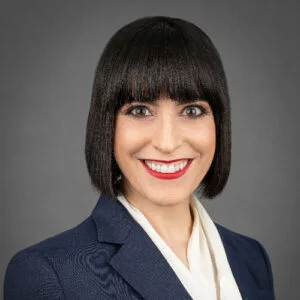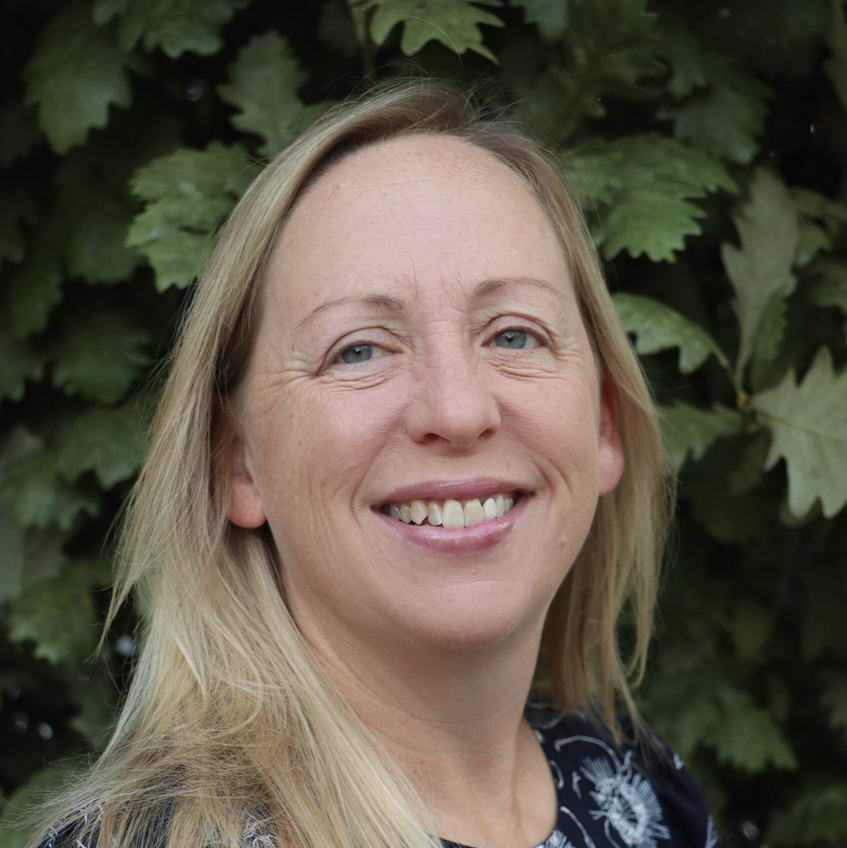It takes a special kind of organization to not just offer quality care in safety-net communities, but to do it in a way that elevates innovation and prioritizes engagement.
MLK Community Healthcare is one of those. Since opening its doors in 2015, the organization has “ambitiously” rolled out technologies and pursued cutting-edge digital tools to position itself as a top-tier provider among a sea of IDNs.
“Our secret sauce is our scrappiness,” said Tracy Donegan, who serves as Chief Information and Innovation Officer. “It’s about solving challenges that others might think are insurmountable.”

Tracy Donegan
During the pandemic, for example, MLKCH dealt with extremely high volumes by utilizing every possible space for beds, and ensuring underserved individuals had access to care. “We took the mindset of a startup and just eliminated red tape,” she said during a Keynote with Sarah Richardson. “We had to solve problems quickly and use every resource we had to make things work; we still do that today. That’s just how we operate.”
Of course, that comes with its challenges, according to Donegan, who shared insights on how her team overcame the hurdles of being a “startup,” how they’re working to build an ecosystem around equity, and what it takes to foster innovation in busy environment.
Building a hospital from the ground up is, put simply, “an opportunity of a lifetime,” said Donegan, who was recruited to the organization by Brad Armstrong, VP in Health Sciences at Cognizant and a key figure in the planning and construction of MLKCH. What the founding team quickly learned was that staffing had to be approached very differently.
“When you’re a startup, you can’t hire the entire team at once,” she noted. “You have to wait until you’re close to opening so that you have the revenue to offset costs.”
Another distinction? Trying to build out an application portfolio without consulting stakeholders. “During the implementation and design, we didn’t have subject matter experts to design the EHR,” Donegan recalled. “Imagine 100 people – nursing, physicians, administrative, and revenue cycle roles, all descending at once for a week-long design session where we’re designing an EHR that they'll never use.
Not to be overlooked, the challenge of negotiating with vendors when there’s no income stream. And yet, the organization was able to select and implement more than 60 solutions. “We selected and implemented over 60 technology solutions, selected and negotiated with 26 vendors, and integrated over 34 unique medical devices in the EHR,” she noted. “We were very ambitious with technology.”
That continues to be the case as Mia, the organization’s virtual assistant, has been instrumental in guiding patients through the digital experience, whether it’s logging into the portal or accessing the call center, and helping to manage capacity through its symptom checker.
However, although Donegan is proud of those advancements, where MLKCH really shines is in the community-based programs it has developed to address care inequities. The first is a “street medicine team” that provides medical and social services to homeless individuals. “It’s a fascinating way of delivering medicine and delivering care because so much of it is centered around respect and trust in us,” she said.
They’re also opening EmPATH units to provide psychiatric care for patients who present in the ED. “Once they’re medically cleared, they have nowhere to go,” Donegan said. Because inpatient psychiatric beds are so scarce in the Los Angeles area, her team felt compelled to provide “a serene space for them to land until they’re able to be safely discharged.”
It’s part of an overall strategy to build an ecosystem around equity and improve the livelihood of the community, she added. Leveraging the Center for Health Policy, the organization is “using data-backed research to understand the impact of social determinants on health disparities, and what kind of innovation we need to help the community,” she said. “To me, that’s the most exciting thing we’re doing.”
To truly impact the community, however, MLKCH has to start within. And that means not just making sure providers have the tools they need to access data quickly and efficiently, but also that they’re able to help develop and advance those tools. “We’re moving so quickly,” she said. “To really foster innovation, you have to allow your team time to attend the conferences and to get out there and shadow their stakeholders and their users so they have firsthand knowledge and experience.”
Doing so can be difficult, particularly as organizations contend with staff shortages and high patient volumes. “We’re still trying to figure out how to allow that to happen. It’s definitely a struggle.”
This is where partnerships can play an important part. MLKCH, for instance, is working with Gartner to help identify the biggest challenges nurses face and define a solid vision for the future. “We don’t stifle innovation,” she said. “Through this partnership, we’re trying to lay the groundwork for the future.”
And doing so makes it critical to have the right partners in place. To Donegan, that means finding organizations that “really care about our mission,” and share their sense of purpose. “That’s what drives our most successful partnerships. We entrench them in our business; we treat them like staff. We grow and mentor them,” which makes them more likely to engage and work toward solutions. “That’s the most important thing.”


Questions about the Podcast?
Contact us with any questions, requests, or comments about the show. We love hearing your feedback.

© Copyright 2024 Health Lyrics All rights reserved